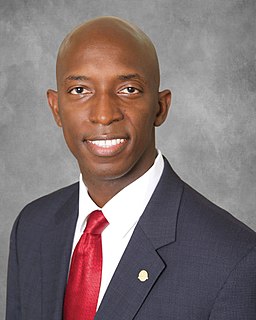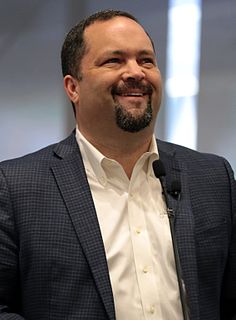A Quote by Michelle Alexander
Once you've acquired a criminal record, you can be discriminated against legally in employment, housing, and access to education and public benefits. You're relegated to a permanent second-class status, forever a 'criminal.' Inflicting this amount of unnecessary pain and suffering is not cheap.
Related Quotes
Those labeled felons may be denied the right to vote, are automatically excluded from juries, and may be legally discriminated against in employment, housing, access to education, public benefits, much like their grandparents or great grandparents may have been discriminated against during the Jim Crow era.
For the rest of their lives, [black men] can be denied the right to vote, automatically excluded from juries, and legally discriminated against in employment, housing, access to education and public benefits. So many of the old forms of discrimination that we supposedly left behind during the Jim Crow era are suddenly legal again once you've been branded a felon.
Felons are typically stripped of the very rights supposedly won in the civil rights movement, including the right to vote, the right to serve on juries, and the right to be free of legal discrimination in employment, housing, access to education, and public benefits. They're relegated to a permanent undercaste.
In existing criminology there are concepts: a criminal man, a criminal profession, a criminal society, a criminal sect, and a criminal tribe, but there is no concept of a criminal state, or a criminal government, or criminal legislation. Consequently what is often regarded as "political" activity is in fact a criminal activity.
For African American children, in particular, the odds are extremely high that they will have a parent or loved one, a relative, who has either spent time behind bars or who has acquired a criminal record and thus is part of the under-caste - the group of people who can be legally discriminated against for the rest of their lives. For many African American children, their fathers, and increasingly their mothers, are behind bars. It is very difficult for them to visit. Many people are held hundreds or even thousands of miles away from home.
Once you're labeled a felon, the old forms of discrimination - employment discrimination, housing discrimination, denial of the right to vote, denial of educational opportunity, denial of food stamps and other public benefits, and exclusion from jury service - are suddenly legal. As a criminal, you have scarcely more rights, and largely less respect, than a black man living in Alabama at the height of Jim Crow. We have not ended racial caste in America; we have merely redesigned it.




























